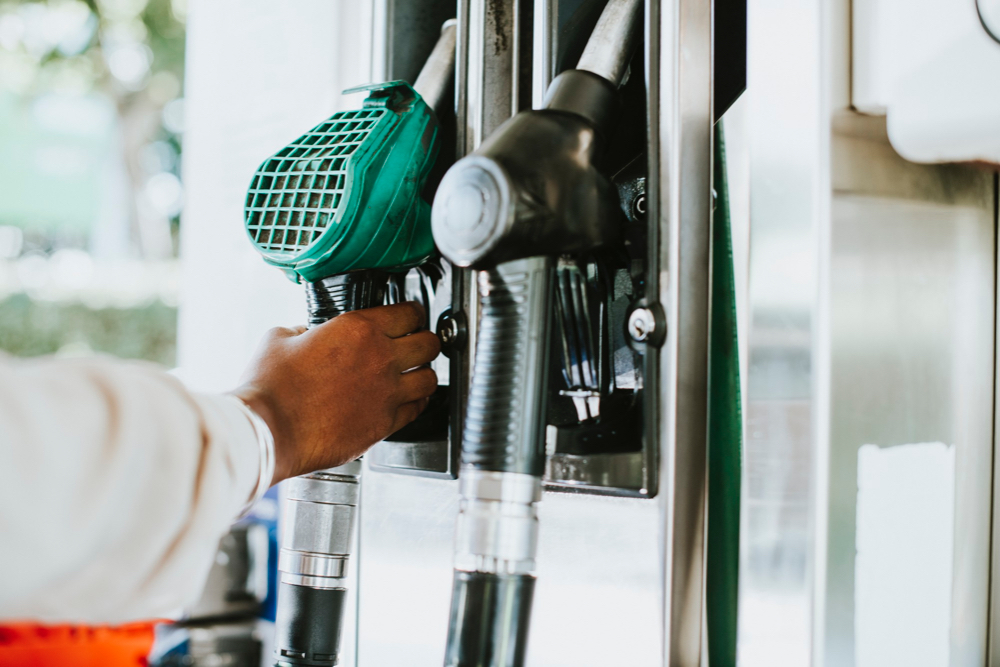With fuel prices constantly fluctuating and environmental concerns on the rise, South African drivers are increasingly looking for ways to reduce fuel consumption. Here are 20 practical tips that can help you save fuel and money while also contributing to a cleaner environment.
1. Drive Smoothly
Avoid sudden starts and stops. Accelerate gently and anticipate your stops to reduce fuel usage.
2. Use Higher Gears
Driving in a higher gear lowers your engine speed, which can improve fuel efficiency. Shift up as soon as the car is comfortable with the higher gear.
3. Monitor Tire Pressure
Under-inflated tires increase rolling resistance and fuel consumption. Check your tires regularly and inflate them to the manufacturer’s recommended pressure.
4. Limit Use of Air Conditioning
Air conditioning can increase fuel consumption. Use it sparingly, and consider opening the windows when driving at lower speeds.
5. Reduce Excess Weight
Remove unnecessary items from your car, especially heavy ones. More weight requires more energy (fuel) to move.
6. Close Windows at High Speeds
Open windows increase aerodynamic drag, especially at high speeds, leading to higher fuel consumption.
7. Use Cruise Control
On highways, using cruise control can help maintain a constant speed, which is more fuel-efficient than varying speeds.
8. Plan Your Route
Plan your trips to avoid heavy traffic and to take the shortest route. Idling and stop-and-go traffic can increase fuel consumption.
9. Maintain Your Car
Regular maintenance, such as changing the oil, replacing air filters, and servicing the engine, can improve fuel efficiency.
10. Avoid Idling
Turn off your engine if you anticipate a lengthy stop. Idling consumes fuel without getting you anywhere.
11. Optimize Your Speed
Find your vehicle’s most fuel-efficient speed, often between 50-70 km/h for many cars, and try to maintain it when possible.
12. Use Engine Oil Recommended by the Manufacturer
Using the oil advised by your car’s manufacturer can improve the engine’s efficiency and reduce fuel consumption.
13. Combine Short Trips
Cold starts use more fuel. Combining errands into one trip keeps the engine warm and more efficient.
14. Use the Right Fuel
Using a higher octane fuel than your car requires doesn’t improve performance or efficiency. Stick to what’s recommended.
15. Minimize Use of Roof Racks and Boxes
These add wind resistance and reduce fuel economy. Remove them when not in use.
16. Avoid Rush Hour
If possible, drive during less congested times. This reduces fuel wasted in stop-and-go traffic.
17. Smooth Lane Changes
Anticipate lane changes to avoid unnecessary acceleration and deceleration, which consume more fuel.
18. Keep Windows Closed at High Speeds
To reduce drag and improve fuel efficiency, keep windows closed at high speeds.
19. Drive Less
Consider alternatives like carpooling, public transportation, biking, or walking for short trips.
20. Educate Yourself on Eco-Driving
Stay informed about eco-driving techniques that can help reduce fuel consumption and emissions.
By implementing these tips, South African drivers can not only save money on fuel but also contribute to reducing traffic congestion and lowering greenhouse gas emissions, making a positive impact on the environment.











